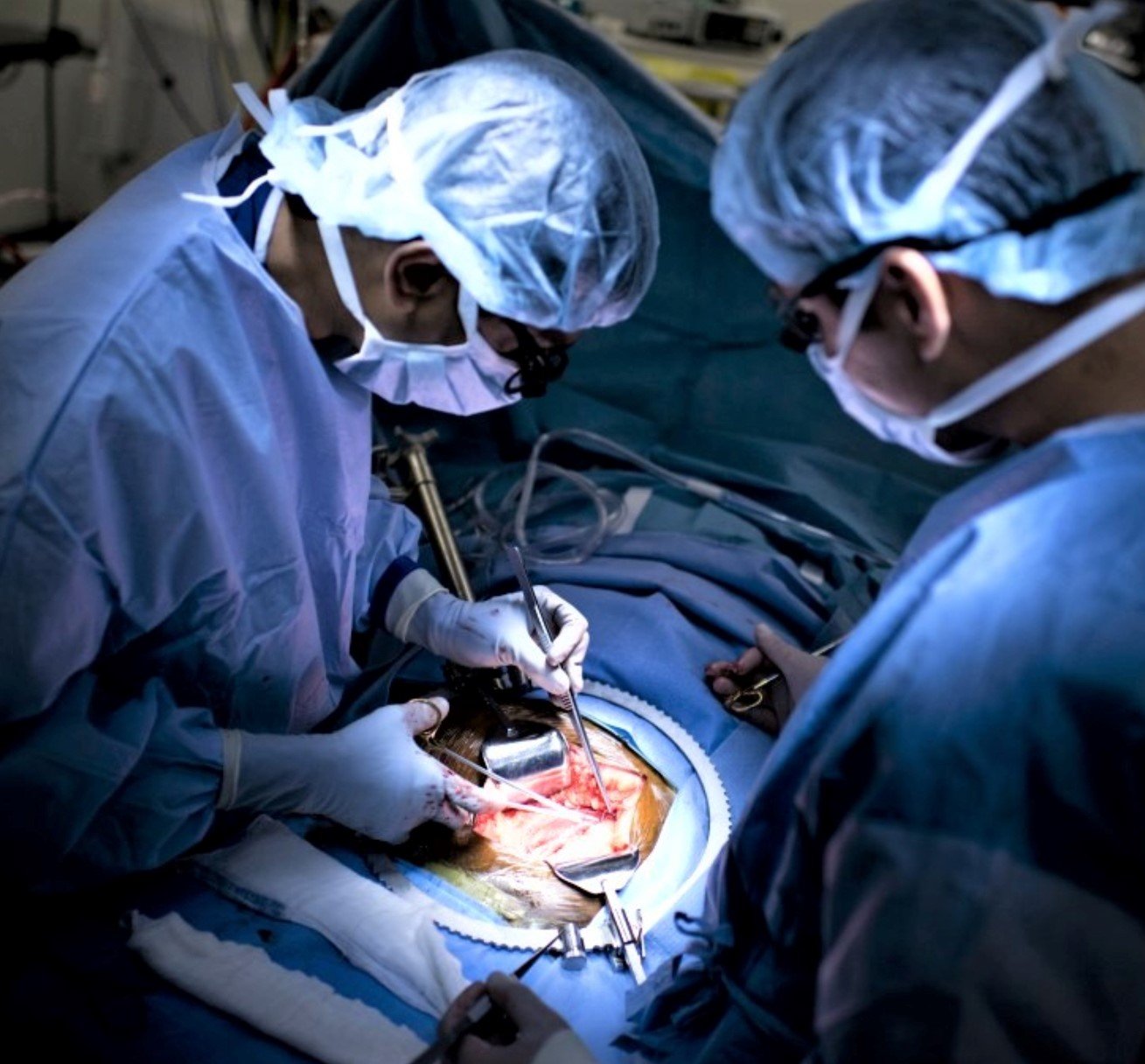
Chijioke Iremeke
Medical experts under the auspices of Global Prolife Alliance and the Association of Catholic Medical Practitioners of Nigeria have called on the leadership of the 10th National Assembly to repeal a number of laws encouraging the trafficking in, and poaching of Nigerians’ organs by foreigners.
The experts in a joint protest letter addressed to the Senate President, Godswill Akpabio and copied to President Bola Tinubu; Speaker of the House of Representatives, Tajudeen Abbas; Bishop Conferences in Africa; Head of States of all UN member countries; US Congress; UN Agencies on Human Rights and World Medical Association among others, urged the lawmakers to repeal such laws in the interest Nigerians.
Titled, ‘10th NASS Legislative Agenda: Laws Threatening National Security and Lives of Millions of Nigerians Must be Repealed’, the letter highlighted Section 51, 53(a)(b) of the National Health Act 2014, which dealt with transplantation, as one of such laws to be repealed.
The association described Section 51 as irrelevant to health system regulation.
The letter read in part, “Typically, transplantation laws are addressed separately from health framework laws. The inclusion of these provisions in the NH Act 2014 was motivated by the interests of foreign sponsors involved in human organ and ovarian egg trafficking.
“However, it is important to note that the primary subjects of any transplantation surgery are the donor (who provides the organ) and the recipient (who receives the organ). In Section 51, there should have been an acknowledgement of the rights and obligations of both the donor and the recipient.
“Nevertheless, the drafters of the act chose to prioritise the rights of the health administrator, who has no personal stake in the matter. This goes against the fundamental legal principle of ‘Nemo dat quod non-habet,’ meaning ‘you cannot give what you do not have.’ In other words, a doctor cannot authorise the transplantation of another person’s organ.
“Unfortunately, the NH Act 2014 overturned this universally recognised legal principle, granting doctors/administrators power over the right to life of another person, the donor. This constitutes a significant violation of the donor’s Fundamental Right to Life and breaches the Fundamental Rights Section of the 1999 Constitution of the Federal Republic of Nigeria.
“Section 51 is null and void and holds no legal effect. It was intentionally worded to favour the Organ Trafficking Cartel. These same individuals would be able to decide that a Nigerian’s organ be taken without even seeking their consent. The NHAct 2014 permits their doctors to collect organs without the owner’s consent.”
Speaking on the laws, the Chairman, Global Prolife Alliance, Professor Philip Njemanze, said during the public hearings for the National Health Bill, all stakeholders demanded that Section 51(b) should explicitly state ‘on the written informed consent of the patient (donor) in case of organ donation.
He, then, wondered why it took a different dimension, adding, “Administrative instructions by the hospital management regarding transplantation should only be applicable with the patient’s informed written consent.
“The current wording of Section 51 represents a significant violation of the Helsinki Declaration on the human subject written informed consent for medical procedures and research.
“It also violates Article 3 of the UN Universal Declaration on Human Rights and Article 33 of the 1999 Constitution of the Federal Republic of Nigeria, which protects the Fundamental Right to Life.
“These violations of the Helsinki Declaration and UN Universal Declaration on Human Rights are severe and could result in sanctions against Nigeria, including the suspension of its privileges as a UN member state.
“Nigeria’s human rights record could be downgraded as a result. This is what we want the 10th Assembly to do in the interest of the masses.”
Punch Healthwise learnt that the ACMPN presented a memo during a public hearing, arguing against the controversial provisions of the NH Act 2014, where almost all the speakers rejected the argument made by the Senate Committee on Health that Section 48 provided for ‘informed consent.’
ACMPN noted that the Senate Committee called for a voice vote in order to record the opposition, and the amendment was accepted to be inserted in Section 51, wondering why the amendments were not effected before the bill was signed into law.
“Section 53(b) states that it is legal to request ‘reasonable payments’ but the reader should consider what constitutes a ‘reasonable payment’ for donating one of their kidneys. Could this cost be N10, 000 or N10, 000, 000,” ACMPN noted.
Continuing, the association stated, “The answer to this question reveals that the preferred option, which many people would consider reasonable for risking their life to donate a kidney, would be N10 million as against the N10,000 the Act provided for. This clearly highlights the deceptive language used in the NHAct 2014 to legalise the trafficking of human organs for monetary gain.
“While it may appear that selling organs is illegal under Section 53(a), it is explicitly legal for healthcare establishments to purchase organs under Section 53(b). This provision was included to absolve the hospitals associated and the cartel, from any legal liabilities in Nigeria. We are appealing to the NASS to do the right thing and preserve the health of our nation.”
Copyright Reportr Door
All rights reserved. This material, and other digital content on this website, may not be reproduced, published, broadcast, rewritten or redistributed in whole or in part without prior express written permission from Reportr Door.
Contact: [email protected]
Leave a Reply